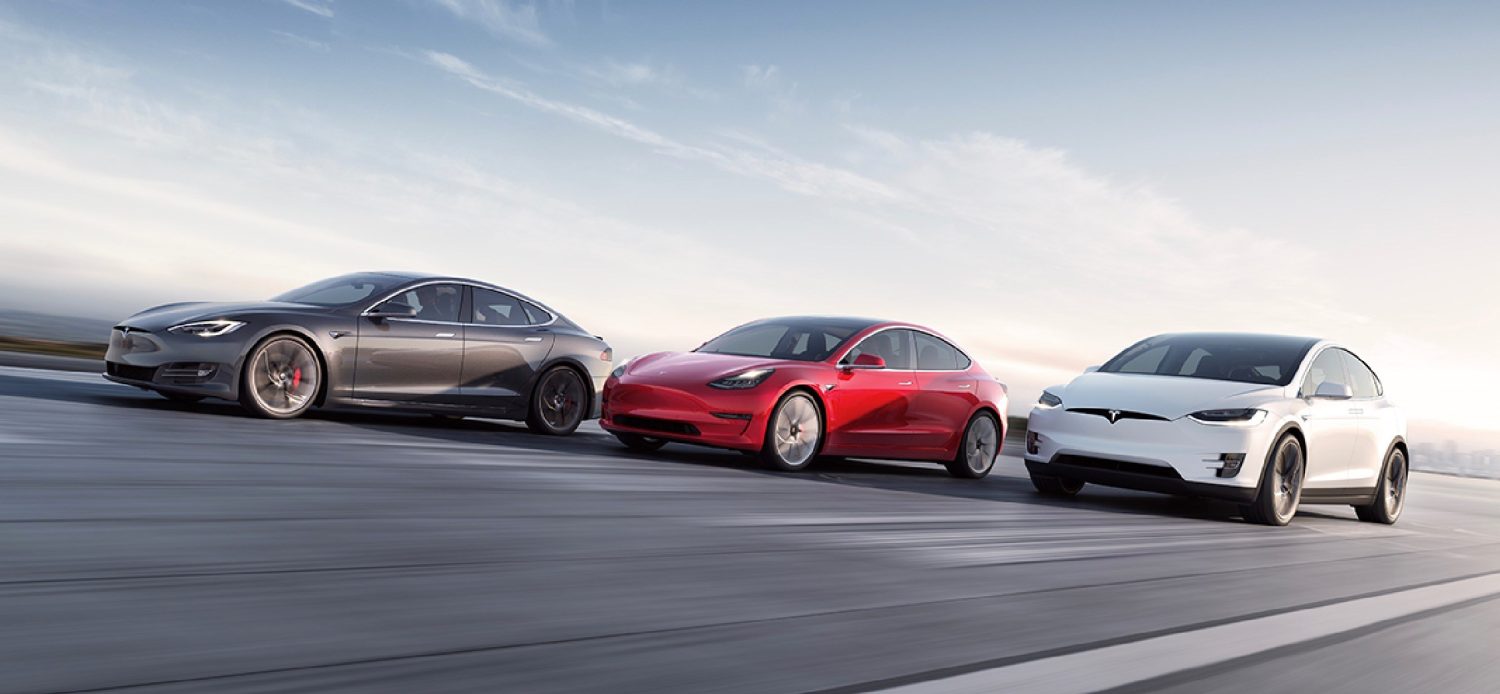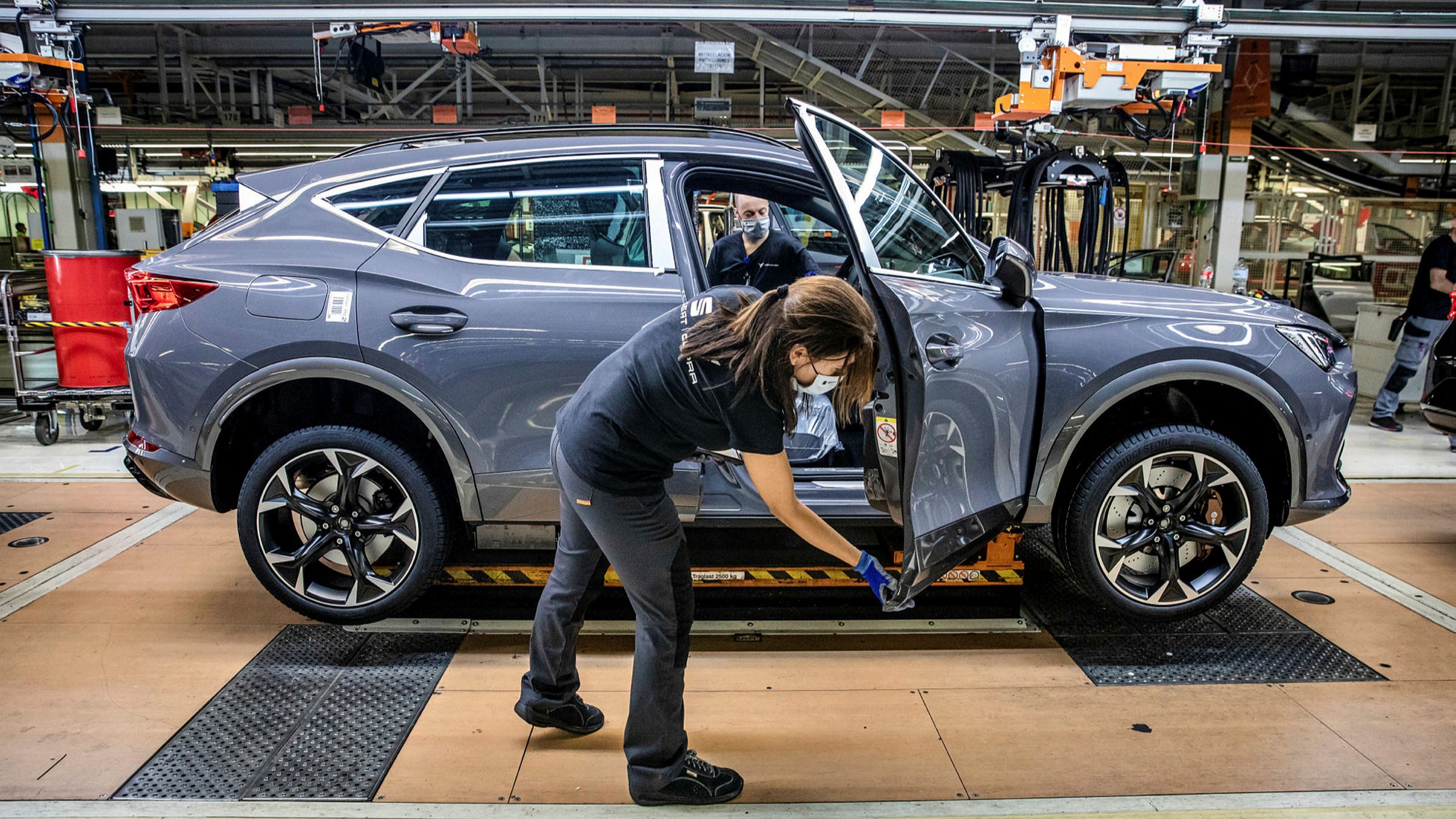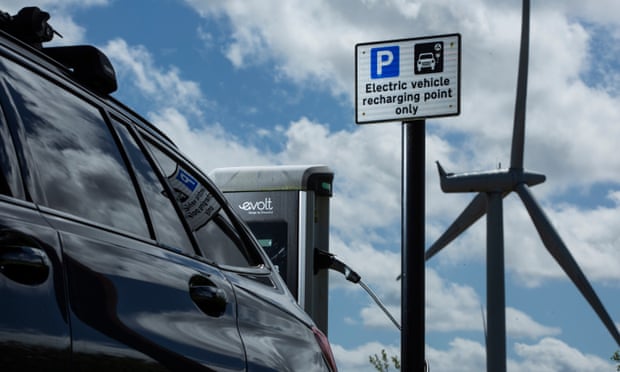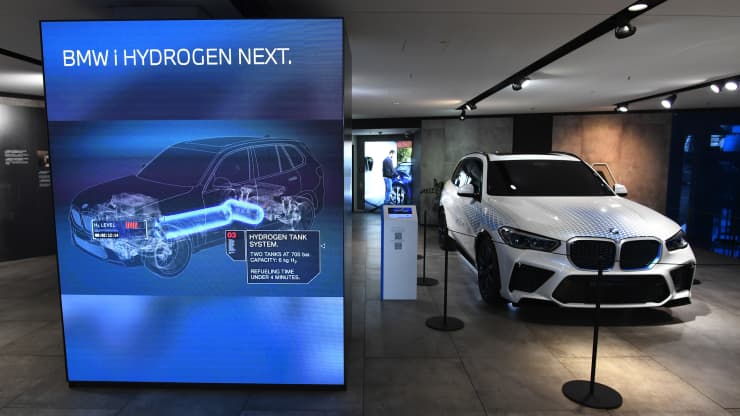The Biden administration has introduced several legislative efforts to reform the United States’ electric vehicle (EV) incentive program. This article explores the proposed changes, their potential impact on the EV market, and the implications for manufacturers like Tesla.
Legislative Efforts and Proposed Changes
Increasing the Tax Credit
The proposed legislation aims to increase the EV tax credit to around $12,500. However, it has been crafted to provide less benefit to Tesla customers. Since the Biden administration took office, there have been numerous initiatives to modify the EV incentive program.
Biden’s Framework Proposal
President Biden confirmed that electric vehicles would receive support through a $174 billion allocation in his infrastructure proposal. However, the exact form of the national EV incentive reform remains unclear.
Key Objectives of the Reform
Raising the Cap
The primary goal is to raise the cap of 200,000 electric car deliveries per manufacturer, which has put Tesla and GM at a disadvantage for being early adopters in the EV market. President Biden has also suggested that the new incentive could be higher than the existing $7,500 tax-free credit and would apply only to electric vehicles made in the USA.
Phase-Out Period
The bill proposes removing the 200,000 electric car deliveries per manufacturer cap and replacing it with a three-year phase-out period triggered by electric cars reaching a 50% market share of auto sales in the United States.
Incentive Details and Eligibility
Increased Refunds
The $7,500 incentive would remain but could be increased to $10,000 for EVs made in the USA and to $12,500 for EVs made in the USA by union workers. This provision appears to be designed to limit Tesla’s access to the full incentive, as Tesla’s workforce is not unionized by the United Auto Worker (UAW) union.
Price Restrictions
The new proposal would also include a price limit on eligible new electric cars, which was not previously the case. The bill mentions a sticker price limit of $80,000, which is more generous compared to similar EV incentives in other countries.
Legislative Process and Potential Impact
Senate and House Votes
The bill will still need to pass a full vote in the Senate and the House of Representatives. However, it seems to be the leading proposal for changing the EV incentive program in the United States at this time.
Boosting EV Adoption
Overall, this proposal appears to be a generous initiative that could significantly boost EV adoption in the United States. The new phase-out period is one of the most substantial changes, as it would apply to many more vehicles for an extended period.
Criticisms and Considerations
Union Worker Requirement
The higher rebate amount is more generous than expected and should positively impact EV adoption. It is likely to bring the purchase price of many new electric vehicles under $25,000 and even under $20,000 with some state incentives. However, the union worker requirement to access the full credit has faced criticism.
Political Motivations
Some believe that the proposal caters to Senator Stabenow’s constituents in Michigan and targets Tesla, as Tesla is currently producing electric cars in the USA without union workers. Volkswagen’s plant in Tennessee, which is also not unionized by UAW, is expected to start producing EVs next year.
Conclusion
Despite some concerns, the proposal could successfully accelerate EV adoption in the United States. For critics who argue against government incentives for EV purchases, it is worth noting that many EV advocates agree that a carbon tax could be a better and more expensive option, although it is more politically challenging to pass.







